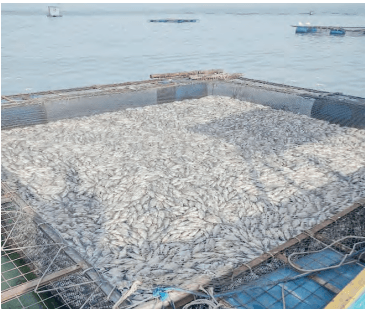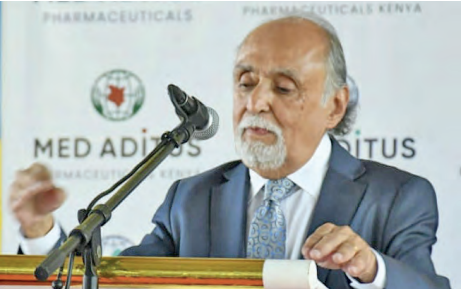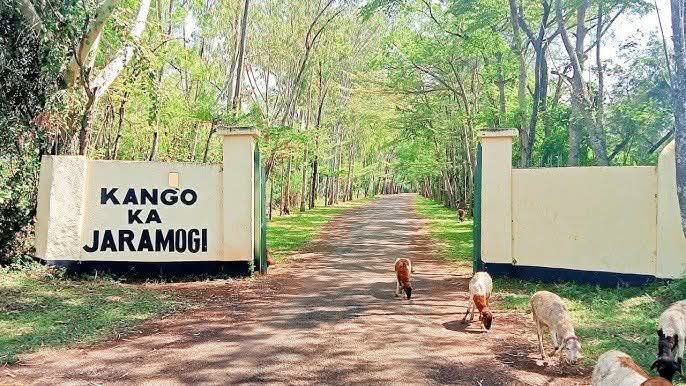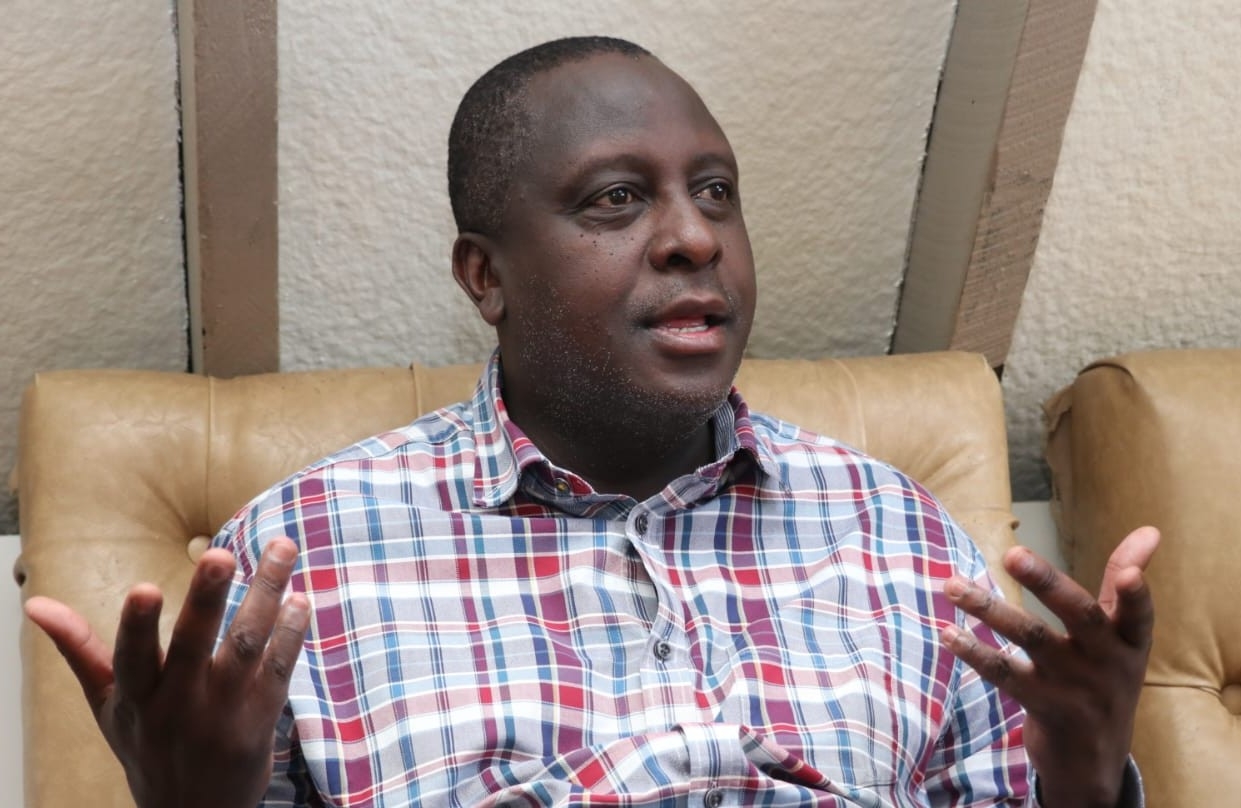

Kisumu government has entered into a partnership with a pharmaceutical company to build a Sh1.6 billion manufacturing plant.
The partnership with US-based Med Aditus Pharmaceuticals seeks to produce high-quality and affordable medicines.
MAP will use advanced technology to optimise operations of the facility, which will be built on 10-acres in Miwani ward, Muhoroni subcounty.
Production is scheduled to begin in 2028 and targets medicine distribution within Kenya and East Africa.
CEO Dhiren Thakker said the initiative is designed to bolster Kenya’s pharmaceutical production capabilities and reduce reliance on imported drugs.
“Our new facility in Kenya will help fulfill our mission of improving access to affordable, high-quality medicines in subSaharan Africa and foster growth of local pharmaceutical productions,” he said.
He said limited access to quality medicines remains a significant issue in Africa, contributing to poor health conditions.
In Africa, there are less than 400 drug manufacturing firms that serve approximately 1.5 billion people, compared to India’s 10,500 companies for a similar population size, underscoring Africa’s heavy dependence on imports.
Thakker said modern medicine has significantly improved life expectancy in wealthier nations and called for equitable drug access campaigns in low-income regions.
“Studies show that access to quality medicine guarantees extended life expectancy by 10 to 20 years in western countries, hence, bridging this gap in low income areas is essential,” Thakker said.
The Kisumu plant will deploy latest technologies including continuous modular manufacturing and blockchain powered quality management system to meet patient and market needs.
This technology, a first-of-its kind in the sub-Saharan Africa, will enable MAP to produce highest quality medicines in large quantities at lower cost.
Leveraging advanced technology, the factory will have tablet production capacity of between two to three billion tablets in a year with a production rate of about five to 10 minutes per unit compared to the traditional production methods of two to three-month timeline.
In a groundbreaking step towards medical innovation, MAP is investing in advanced technology-driven patient centred solutions expected to revolutionise treatments for various conditions by potentially replacing traditional drug therapies.
The Kisumu plant plans to produce cutting-edge treatments for HIV, Tuberculosis, Malaria and various antibiotic needs alongside medications for cancer, sickle cell, cardiovascular conditions and diabetes to combat the region’s growing disease burden.
The project task force chairperson Dr Vincent Orinda said hosting the plant is a significant milestone that positions Kisumu county as a competitive player in global healthcare markets as well as provide job opportunities for the residents.
Kisumu beat Rwanda and
Senegal to win the deal of hosting
the plant.

















